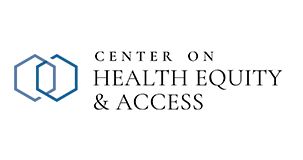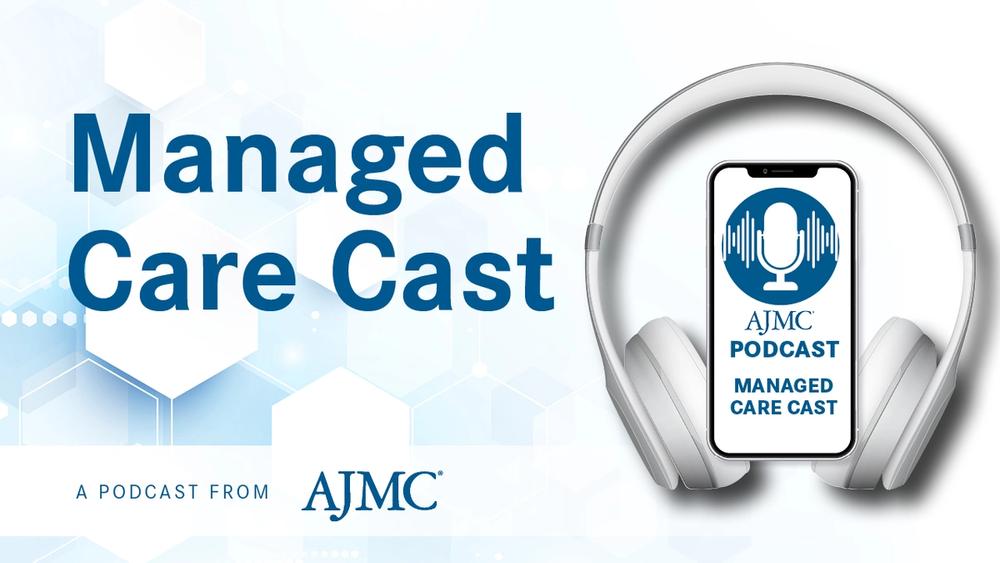News
Article
A Highly Concentrated PBM Market Highlights Need for Policy Changes
Author(s):
The findings may help inform policy changes at the federal level aiming to address unfair and deceptive pharmacy benefit manager (PBM) practices.
The pharmacy benefit manager (PBM) market was highly concentrated across commercial insurance, Medicare Part D, and Medicaid managed care in 2023, according to a study published in JAMA today.1 The findings may help inform policy changes at the federal level aiming to address unfair and deceptive PBM practices.
The role of PBMs, which act as intermediaries between pharmacies, health plan sponsors, drug manufacturers, and wholesalers, has grown in recent decades. More recently, these entities have come under scrutiny by health care stakeholders for a lack of transparency and contributions to high drug costs in the US.2 Although their roles in financing and delivering prescriptions for insurers are important, an increasingly concentrated PBM market has exacerbated existing issues.1
“Despite evidence that 3 PBMs (CVS Caremark, Express Scripts, and Optum Rx) accounted for 79% of prescriptions in the US in 2023 and growing concerns about the role of the highly concentrated PBM market on rising out-of-pocket costs and pharmacy closures, information on whether and how PBM concentration varies across payers is limited,” the authors wrote.
Although shares varied by payer market, 73.6% of retail prescriptions overall were attributed to CVS Caremark, Optum Rx, and Express Scripts in the study. | Image credit: DedMityay - stock.adobe.com

In the new study, they assessed PBM market concentration in commercial insurance, Medicare Part D, and Medicaid managed care. Data from the IQVIA National Prescription Audit Payer Trak, which encompasses data on 91% of US retail pharmacy prescription fills and includes information on the PBM and payer type, were used in the analysis. PBM market share and market concentration by payer type were the primary outcomes, and secondary outcomes included market shares for CVS Caremark, Express Scripts, Optum Rx, MedImpact, and SS&C Health—the top 5 PBMs—by payer type.
PBM market concentration was defined by Herfindahl-Hirschman Index (HHI) based on prescriptions filled in 2023. An HHI higher than 1800 was considered a highly concentrated market, which is in line with the US Department of Justice 2023 merger guidelines. The authors noted that Ohio and Kentucky were excluded from Medicaid managed care HHI calculation because state Medicaid authorities fired their existing PBMs in 2019 and 2021, respectively, and contracted with a single PBM following audits that showed significant overcharging by their previous PBMs.
The study analyzed 14 billion prescriptions adjudicated by 91 PBMs and filled at retail pharmacies in 2023. The PBM market was found highly concentrated across the 3 markets and had an HHI of 1972 overall, but differed by payer type. In commercial insurance, the HHI was the lowest at 1940, with 90 PBM participants. Medicare Part D had the highest HHI at 2399, and there were 21 PBM participants.
Although shares varied by payer market, 73.6% of retail prescriptions overall were attributed to CVS Caremark, Optum Rx, and Express Scripts.
In the Medicaid managed care, commercial, and Medicare Part D markets, CVS Caremark alone accounted for 39.2%, 28.5, and 33.4% of prescriptions, respectively. Express Scripts also had varied shares across payer types, with 28% of the commercial market, 15.4% of the Medicare Part D market, and 12.3% of the Medicaid market. Optum Rx and SS&C Health also filled greater shares of Medicare Part D prescriptions (27.7% and 16.2%, respectively) vs commercial or Medicaid prescriptions (15.8% and 1.2%, respectively).
The study was limited by a lack of information on the specific services provided by PBMs, as well as the exclusion of mail order pharmacy prescriptions, the authors noted. Still, the findings highlight PBM concentration across payer markets and the need for evaluation of anticompetitive PBM practices, according to the authors.
“While CVS Caremark held the dominant share in all 3 payer markets, each of the PBMs appeared focused on a different payer: Express Script’s largest share was in the commercial market, while Optum Rx’s and CVS Caremark’s were in Medicare Part D and Medicaid managed care, respectively,” the authors wrote. “These findings underscore the importance of considering payer-specific concentration when evaluating PBMs’ anticompetitive practices, as the 3 top PBMs may be pursuing different market strategies.”
References
1. Qato DM, Chen Y, Van Nuys K. Pharmacy benefit manager market concentration for prescriptions filled at US retail pharmacies. JAMA. Published online September 10, 2024. doi:10.1001/jama.2024.17332
2. McNulty R. 5 things to know about PBMs’ influence on drug costs and access. AJMC®. August 2, 2024. Accessed September 10, 2024. https://www.ajmc.com/view/5-things-to-know-about-pbms-influence-on-drug-costs-and-access
Newsletter
Stay ahead of policy, cost, and value—subscribe to AJMC for expert insights at the intersection of clinical care and health economics.





